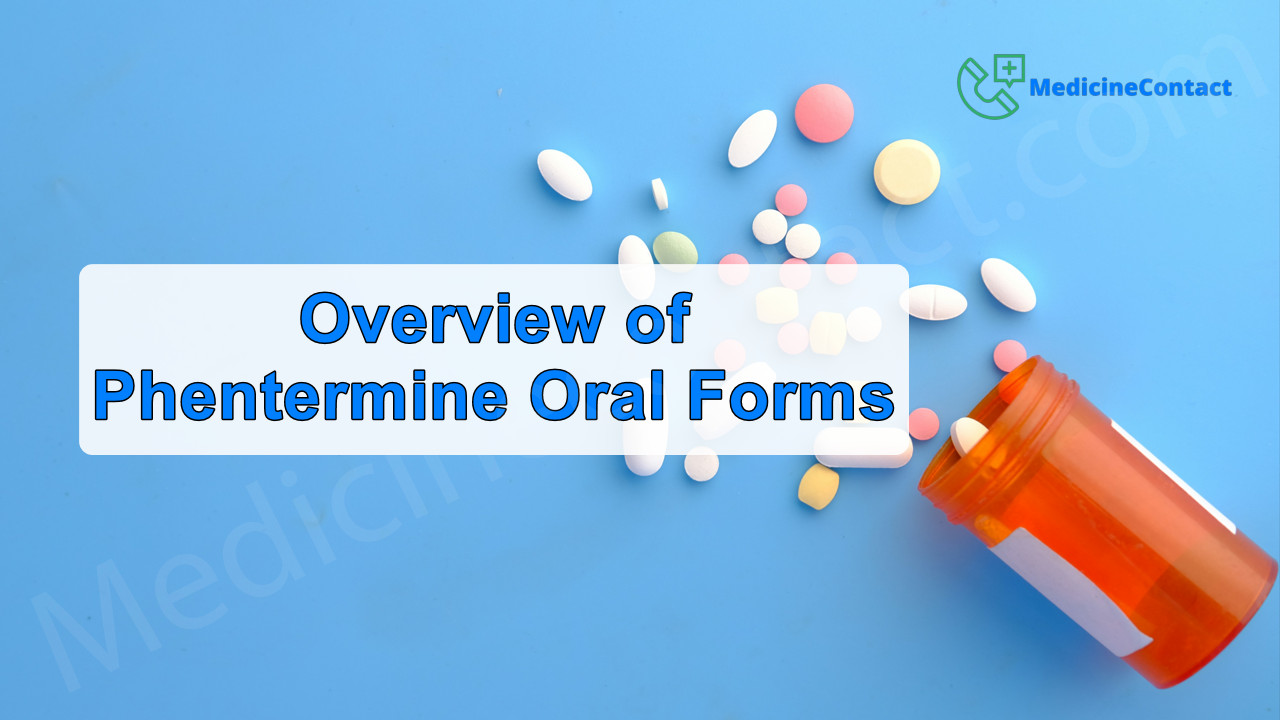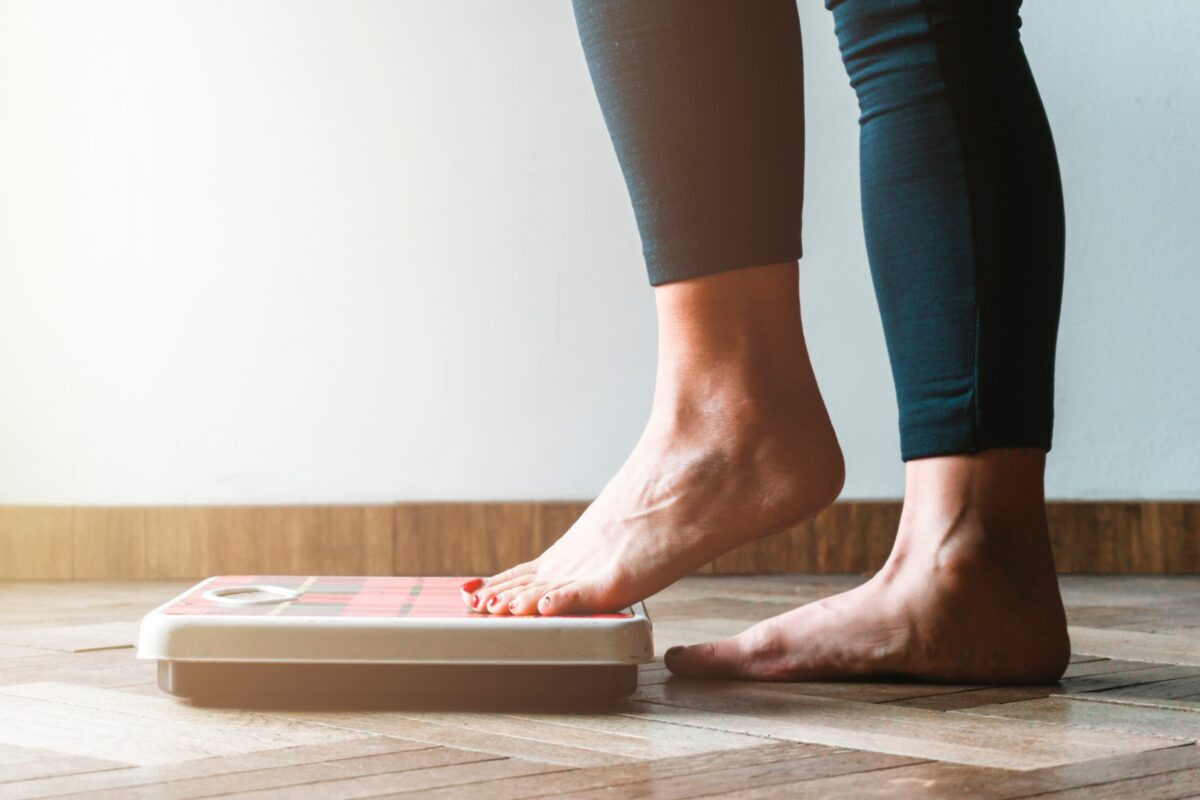
What is Minoxidil?
Minoxidil is a medication that was originally developed and used as a treatment for high blood pressure. However, it was discovered that minoxidil had an interesting side effect - it could stimulate hair growth and prevent baldness. This led to minoxidil being repurposed as a topical treatment for hair loss, under brand names like Rogaine. When applied directly to the scalp, minoxidil helps improve hair growth in both men and women with certain types of baldness.
How Does Minoxidil Work to Regrow Hair?
The exact mechanism by which minoxidil stimulates hair growth is not fully understood. However, researchers believe that it works by increasing blood flow and nutrient supply to the hair follicles. Minoxidil also appears to stimulate the production of prostaglandins, which promote hair growth. It may also prolong the anagen phase of the hair growth cycle, which results in thicker, healthier hairs.
Is Minoxidil Effective for Hair Loss?
Yes, topical minoxidil has been clinically proven to be effective for treating certain types of hair loss. It is FDA approved for treating male and female pattern baldness. Multiple studies have shown that around 40% of individuals using minoxidil regrow some amount of hair, while hair loss progression is halted in most other users. However, results vary from person to person based on factors like age, duration of balding, and dosage/consistency of use.
Oral Minoxidil for Hair Loss
While topical minoxidil is commonly used, some dermatologists have started prescribing oral minoxidil off-label for treating hair loss. This involves taking minoxidil tablets or solution by mouth. Oral minoxidil provides effects similar to topical, and may have some advantages in terms of convenience, adherence, and possibly effectiveness.
Potential Benefits of Oral Minoxidil
Here are some of the theorized benefits of using oral minoxidil for hair loss treatment:
- Higher patient compliance since it eliminates the need for daily topical application.
- Better absorption and bioavailability, allowing the medication to reach follicles everywhere including the frontal/temporal regions.
- Possibility of synergy when used with topical minoxidil simultaneously.
- Ability to take higher doses than those allowed for topical forms.
How Effective is Oral Minoxidil?
While evidence is limited, early studies suggest oral minoxidil may be significantly more effective than topical forms. One small trial found that low dose (2.5mg/day) oral minoxidil regrew hair in 75% of patients compared to just 11% with topical minoxidil. Another study found 5mg oral minoxidil was around 3 times as effective as 5% topical solution. However, larger and longer studies are still needed.
What Dosage of Oral Minoxidil is Used?
Oral minoxidil is typically started at very low doses of around 2.5-5mg per day. The dosage may be gradually increased up to 10mg or even 20mg daily if tolerated, under medical supervision. Higher doses have been linked to increased hair growth but also a higher risk of side effects. Many experts recommend oral minoxidil be taken just once per day, in the morning or evening.
Side Effects and Safety Concerns
As with any medication, oral minoxidil does have some potential side effects and safety risks to be aware of. These include:
- Cardiovascular effects like fluid retention, increased heart rate, and low blood pressure due to the drug's vasodilating properties.
- Hypertrichosis - excessive unwanted hair growth on the face and other parts of the body.
- Allergic reactions in predisposed individuals.
- Shedding - oral minoxidil may initially cause telogen effluvium before new growth starts.
- Dizziness or lightheadedness if blood pressure gets too low.
Reducing Risks and Side Effects
Doctors prescribing oral minoxidil will monitor patients closely, especially at higher doses. To reduce cardiovascular risks, salt and fluid intake are usually restricted. Starting with very low doses and titrating up slowly also helps minimize side effects. Using an off-label medication always requires careful consideration of the benefits vs potential risks.
Who Should Not Use Oral Minoxidil?
Oral minoxidil should be avoided in certain patients where the risks may outweigh the benefits. Those who should not take oral minoxidil include:
- People with uncontrolled high blood pressure.
- Those taking ACE inhibitors or diuretics.
- Individuals with underlying heart disease like arrhythmia or angina.
- People with chronic kidney failure.
- Anyone with a known allergy/hypersensitivity to minoxidil.
Pregnant and breastfeeding women should also avoid oral minoxidil to prevent risks to the child. Always inform your doctor about any health conditions and medications before starting oral treatment.
Using Oral and Topical Minoxidil Together
Some hair restoration specialists recommend using oral minoxidil along with topical minoxidil simultaneously. This combination therapy approach may provide synergy, allowing lower and safer doses of oral treatment to be used. Using both oral and topical forms also provides maximum delivery of minoxidil to the scalp.
However, combining oral and topical minoxidil does increase the total systemic dosage and side effect risks. Careful monitoring is required, and patients with cardiovascular risks may not be candidates for using both forms together. Work closely with your dermatologist to determine if combination therapy is appropriate for your situation.
Other Medications Used With Minoxidil
For superior results, minoxidil is often prescribed together with other hair loss medications like finasteride or ketoconazole shampoo. Oral minoxidil may also be used together with hair transplant surgery, PRP injections, laser devices, or microneedling therapy for a multifaceted approach.
Candidacy and Expectations With Oral Minoxidil
Like any hair loss treatment, oral minoxidil works better for some patients compared to others. In general, the best candidates for oral minoxidil include:
- Younger patients who respond well to topical minoxidil.
- Those with extensive hair loss who need systemic effects.
- Individuals unable to stick to a daily topical regimen.
- Patients who do not respond adequately to standard doses of topical minoxidil.
It's important to have realistic expectations when using any hair loss medication. Oral minoxidil can help slow, stop, or partially reverse thinning hair. However, dramatic cosmetic density or complete reversal of extensive balding is unlikely. Maintenance treatment is required for sustained benefits. Discuss your particular situation with a dermatologist experienced in hair restoration.
The Takeaway
While still an off-label treatment, oral minoxidil is an emerging new option for fighting hair loss. It offers potential advantages in efficacy and convenience compared to topical forms. However, oral minoxidil does carry more systemic side effect risks that require careful monitoring and management. Speak to your dermatologist to see if oral minoxidil, alone or with topical minoxidil, may be a good addition to your hair regrowth plan.
FAQs
What are the potential benefits of taking oral minoxidil?
Possible benefits of oral minoxidil include higher patient compliance, better absorption, ability to reach hair follicles everywhere, potential synergy when combined with topical minoxidil, and the ability to take higher doses than topical forms.
What dosage of oral minoxidil is typically used?
Oral minoxidil is usually started at low doses of 2.5-5mg daily. The dosage may be gradually increased up to 10mg or even 20mg daily under medical supervision if tolerated. Higher doses have been linked to better hair growth but also more side effects.
What are the potential side effects of oral minoxidil?
Potential side effects of oral minoxidil include cardiovascular effects like fluid retention and low blood pressure, unwanted facial/body hair growth, allergic reactions, initial shedding, and dizziness/lightheadedness from low blood pressure.
Who should avoid taking oral minoxidil?
Oral minoxidil should be avoided by those with uncontrolled high blood pressure, heart disease, chronic kidney failure, and those taking certain medications. Pregnant and nursing women should also avoid it.
What results can I expect from using oral minoxidil?
Oral minoxidil can help slow, stop, or partially reverse thinning hair. However, dramatic cosmetic density or complete reversal of extensive balding is unlikely. Maintenance treatment is required for sustained benefits.
Disclaimer: This article is for informational purposes only and does not constitute medical advice. Always consult with a healthcare professional before starting any new treatment regimen.




